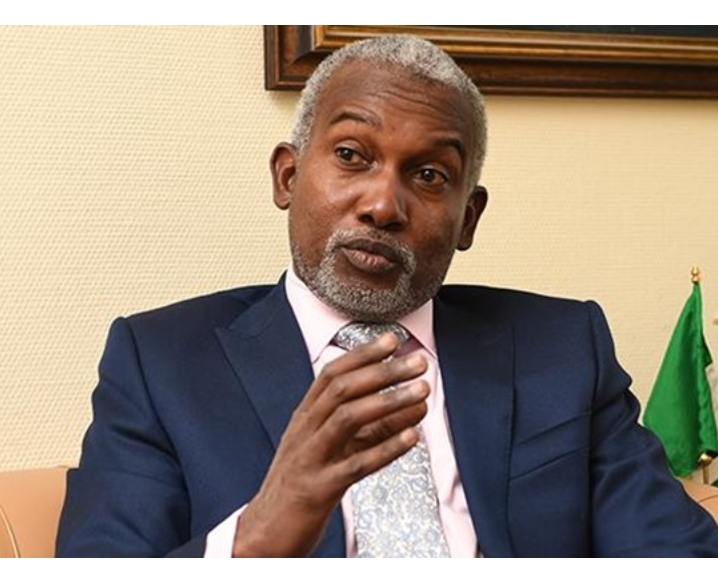 Commission says some missions use N1,900 to dollar exchange rate
Commission says some missions use N1,900 to dollar exchange rate
Demands banks’ response to enquiries within 24 hours
Foreign Affairs Minister Yusuf Tuggar has written all the foreign missions in the country to comply with the directive of the Economic and Financial Crimes Commission (EFCC) to charge payment for visa and consular services in naira instead of dollar.
Tuggar has already met with a few envoys who sought more clarifications on the EFCC’s advisory.
It was learnt that the EFCC advisory against dollar-denominated service was necessitated in part after some embassies adopted N1,800-N1,900 exchange rates to a dollar.
An embassy was found to have set up an account unit where visa applicants were paying cash in dollar for services outside the conventional banking system.
Some embassies are understood to have started implementing the EFCC’s advisory on naira policy for consular services.
It was gathered that the EFCC has entered into an understanding with the Central Bank of Nigeria (CBN) for prompt remittance of the funds generated by the embassies to their home countries at official rate.
In an April 5, 2024 advisory to the Foreign Affairs Minister, the EFCC Executive Chairman, Mr. Ola Olukoyede, had asked government to stop foreign missions in Nigeria from charging visa and other consular services in foreign denominations.
He also advised all embassies to adopt Nigeria’s regulatory regime in fixing the exchange rate of the cost of their services.
He said the commission has observed the violation of Section 20(1) of the Central Bank of Nigeria Act, 2007 which makes currencies issued by the apex bank the only legal tender in Nigeria.
A top source told The Nation that the Minister of Foreign Affairs asked all foreign missions to implement the EFCC advisory.
EFCC urges embassies not to charge visa, other services in dollar
The source said: “The Federal Government has adopted the advisory of the EFCC which is backed by the CBN Act. In line with this, the Minister, Amb. Yusuf Tuggar, has formally written all embassies to charge and accept payment for visa and consular services in naira.
“In fact, the Ambassador of one of the missions collecting dollars for consular services demanded an audience with the Minister of Foreign Affairs for clarifications on the new policy. Tuggar, who met with the affected envoy, said there is no going back on the naira policy.
“But the EFCC has also reached an understanding with the CBN for the prompt remittance of all consular fees collected at the official exchange rate to the embassies or countries. The Federal Government will not default in remitting funds.”
It was gathered that the EFCC issued the advisory following discovery that some embassies had adopted N1,800 to N1,900 exchange rates for applicants for visa and consular services.
“Some embassies went beyond official and parallel market rates in fixing exchange rate for consular services. They were charging as high as N1,800 to N1,900,” one source said.
“A foreign mission was even collecting dollars in cash from visa applicants. The practice was outside the banking system.
“From feedback, some of the embassies are already charging for consular services, including visa, in naira. We will not relent in ensuring full compliance by all missions.
“There is a desk monitoring compliance with the naira-for-visa policy. Any infraction will be reported to the Federal Government through the Ministry of Foreign Affairs.”
The advisory, signed by the EFCC Executive Chairman, Mr. Ola Olukoyede, reads in part: “…I wish to notify you about the commission’s observation, with dismay, regarding the unhealthy practice by some foreign Missions to invoice consular services to Nigerians and other foreign nationals in the country in United States Dollar ($).
“This practice is an aberration and unlawful as it conflicts ‘with extant laws and financial regulations in Nigeria. Section 20(1) of the Central Bank of Nigeria Act, 2007 makes currencies issued by the apex bank the only legal tender in Nigeria.
“It states that ‘the currency notes issued by the Bank shall be the legal tender in Nigeria on their face value for the payment of any amount’.
“This presupposes that any transaction in currencies other than the naira anywhere in Nigeria contravenes the law and is therefore illegal.”
The commission added: “The refusal by some Missions to accept the Naira for consular service in Nigeria and also comply with foreign exchange regulatory regime in fixing the exchange of the cost of their services is not only illegal but represents an affront on the country’s sovereignty symbolised by the national currency. It undermines Nigeria’s monetary policy and aspiration for sustainable economic development.
“This trend can no longer be tolerated, especially in a volatile economic environment where the country’s macroeconomic policies are constantly under attack by all manner of state and non-state actors.
“In the light of the above, you may wish to convey the commission’s displeasure to all Missions in Nigeria and restate Nigeria’s desire for their operations not to conflict with extant laws and regulations in the country.
“Please accept, as always, the assurances of my highest consideration and respect.”
Attend to enquiries on money laundering, others within 24 hours, EFCC boss tasks bankers
The EFCC boss has also urged bankers to respond to the commission’s enquiries within 24 hours to aid its investigations.
“I don’t want to be charging banks alongside suspected criminals, because doing so can wreak havoc on the economy. It will even discourage investors from coming to the country,” Olukoyede said during a roundtable with compliance officers of banks in Ilorin, the Kwara State capital.
He added: “Our intention is to use the anti-corruption fight to bolster the economy. So, we must work together to save this country.”
Represented by acting Zonal Director, Ilorin Command Harry Erin, Pastor Olukoyede said: “We need to find a common ground to work together. You have a responsibility to fight corruption.”
The EFCC chair also expressed concerns over the use of fintech (private banking) by criminals to perpetuate crimes.
Post Views: 469

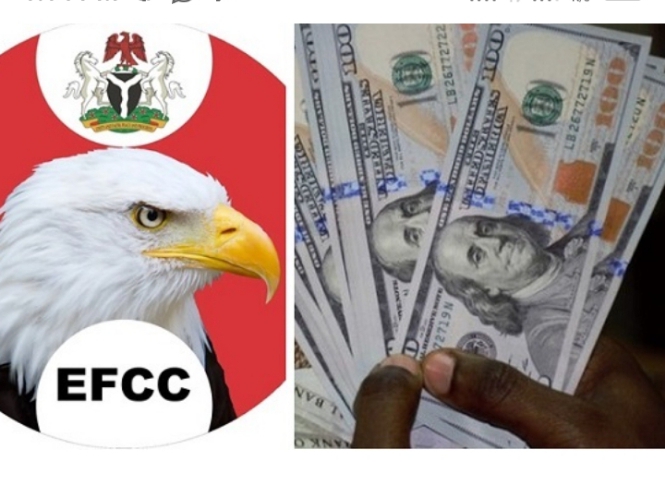
 Commission says some missions use N1,900 to dollar exchange rate
Commission says some missions use N1,900 to dollar exchange rate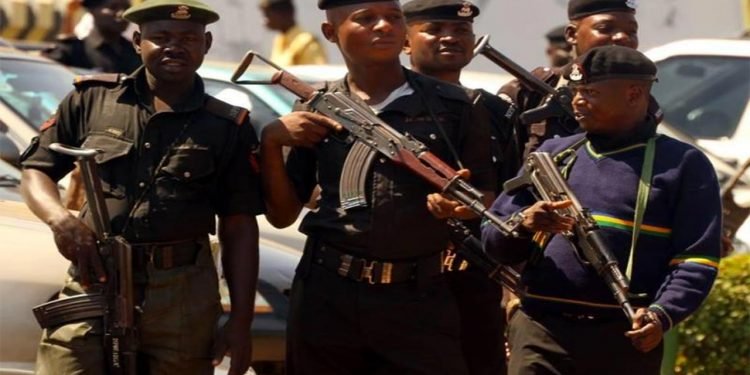
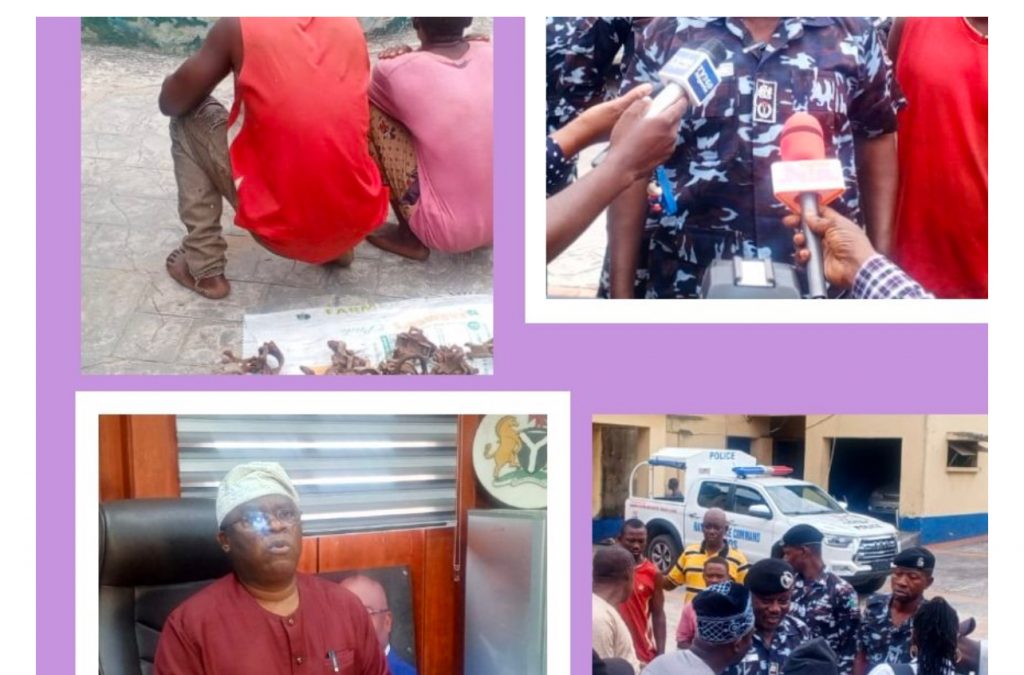
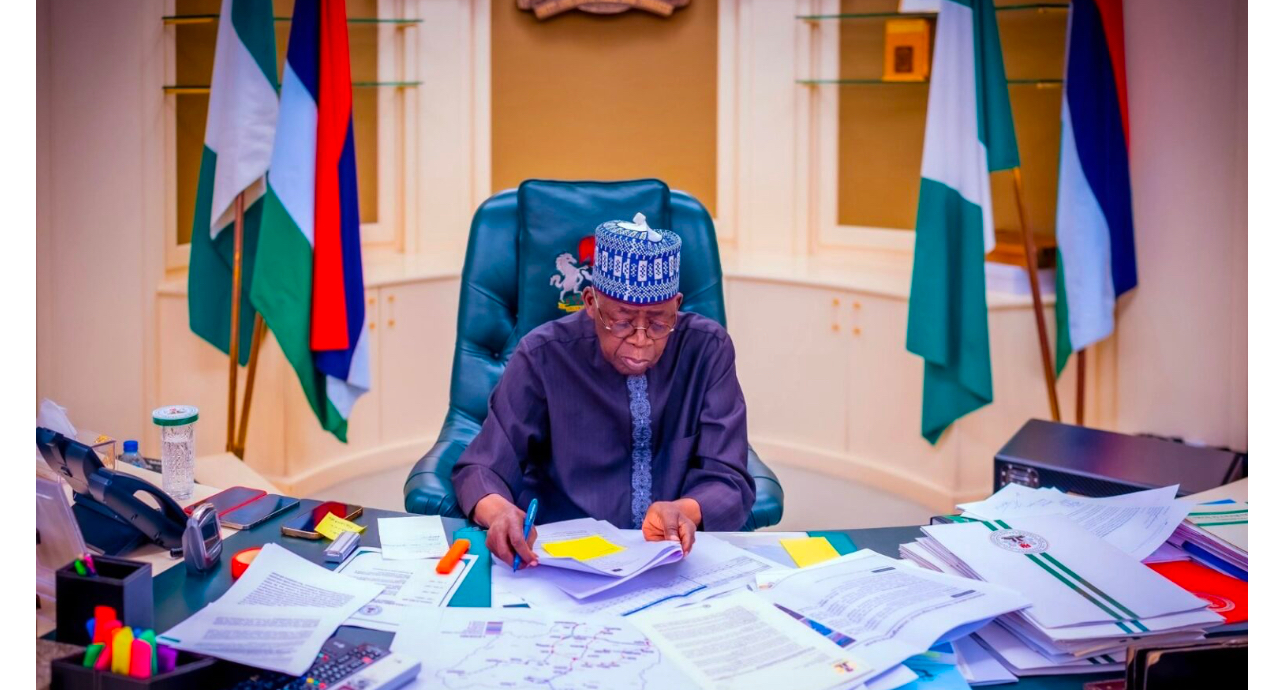
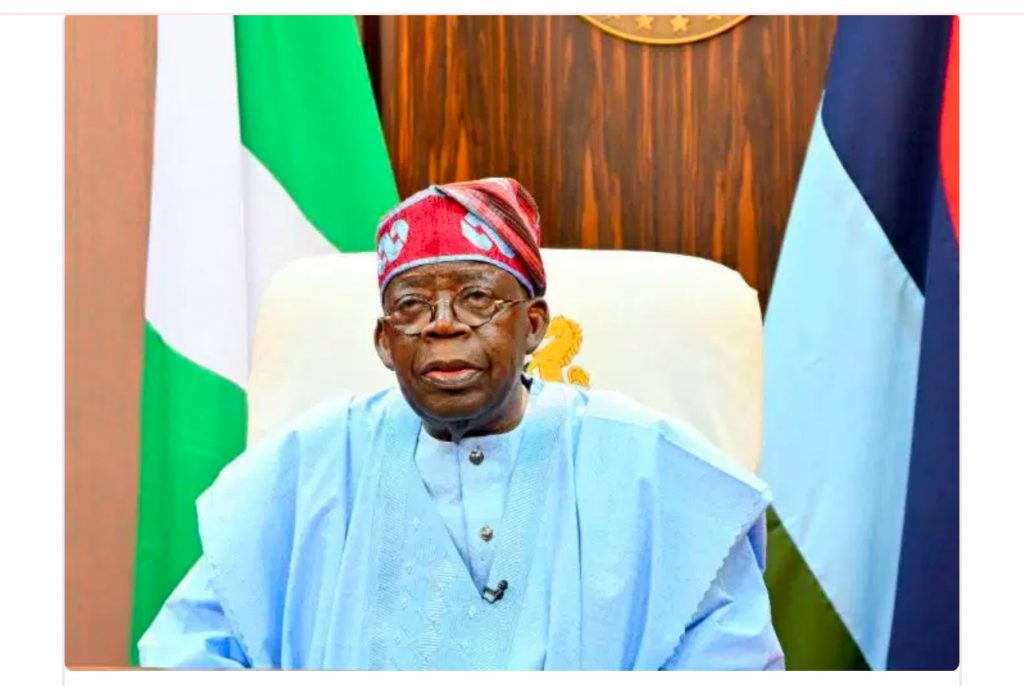 Disturbed by the state of training institutions for the Nigeria Police Force (NPF), Nigeria Security and Civil Defence Corps (NSCDC) and other internal security agencies, President Bola Tinubu has declared emergency on the facilities.
Disturbed by the state of training institutions for the Nigeria Police Force (NPF), Nigeria Security and Civil Defence Corps (NSCDC) and other internal security agencies, President Bola Tinubu has declared emergency on the facilities. 
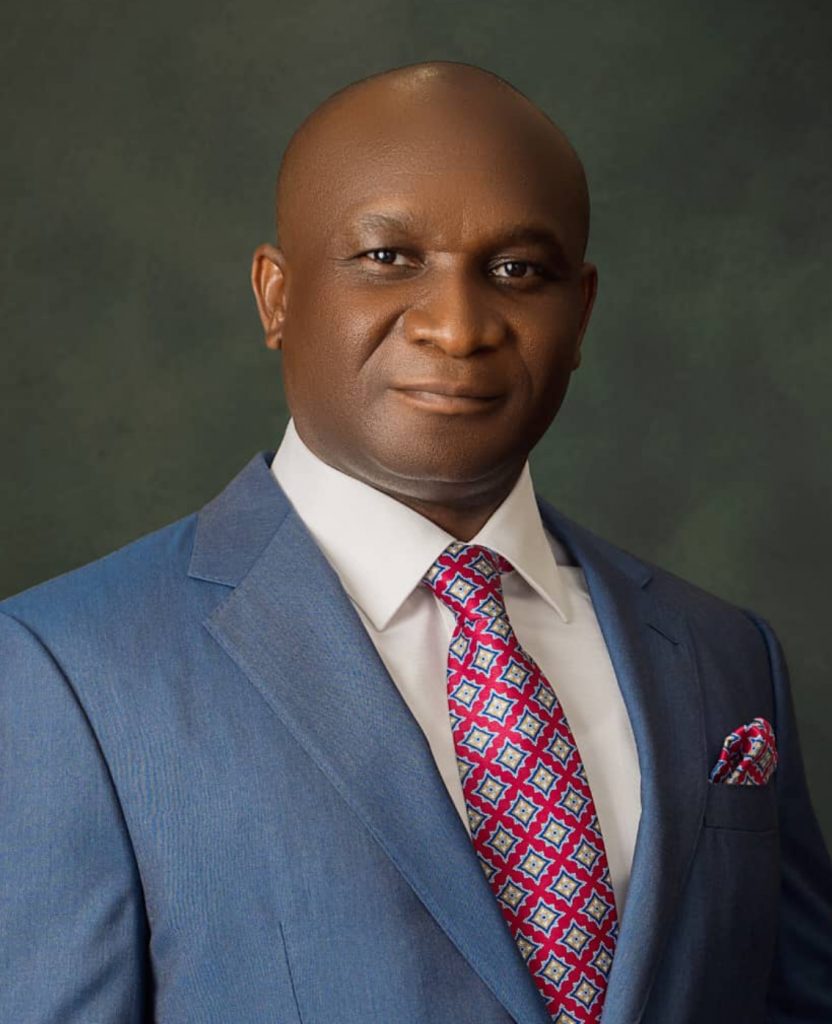 The Niger Delta Development Commission, NDDC, is hosting a two-day strategic meeting with commissioners, permanent secretaries, and directors of agriculture, fisheries & livestock in the nine Niger Delta states.
The Niger Delta Development Commission, NDDC, is hosting a two-day strategic meeting with commissioners, permanent secretaries, and directors of agriculture, fisheries & livestock in the nine Niger Delta states.








